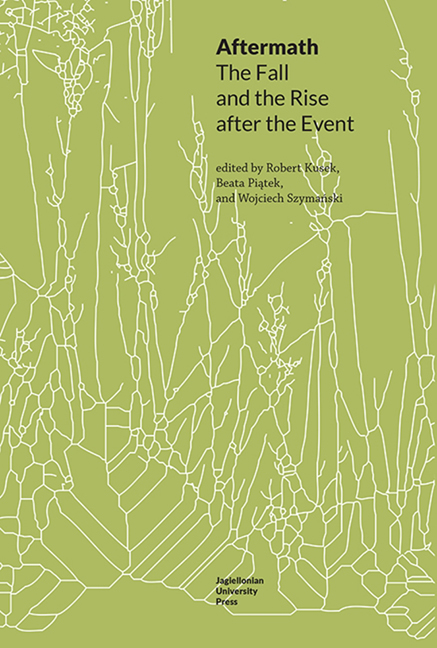Rushdie's Rebellious Joseph Anton: Chronicling the Aftermath of The Satanic Verses
Published online by Cambridge University Press: 06 November 2021
Summary
Man was the storytelling animal, the only creature on earth that told itself stories to understand what kind of creature it was. The story was his birthright, and nobody could take it away.
(Rushdie 2012a: 19)Introduction
On 14 February 1989, the Ayatollah Khomeini of Iran pronounced a death sentence on Salman Rushdie for the alleged blasphemy committed against Islam in Rushdie's novel The Satanic Verses. As a result, Rushdie was forced to live under police protection and was exposed to persistent threats on his life, to acts of violence committed against his publishers, translators, book stores, and to fierce protests around the world. While at the time the author had been predominantly known for his Booker Prize-winning novel Midnight's Children (1981), since then he has become inseparable from the fatwa, the “Rushdie affair,” the cultural and political conflict associated with the publication of The Satanic Verses in 1988. In 2012, Rushdie published his memoir Joseph Anton, which is written from a third-person perspective and which, in ten chapters and one prologue, gives an account of his ten years in hiding, as well as his fight for the freedom of speech, the fight for his “birthright.” This paper suggests that the memoir portrays the persona “Rushdie” as a communicative figure in the fight for the liberty of the arts in the light of political and religious threat and beyond. Dealing with the aftermath of an incisive (personal) event, this paper also suggests that, in line with the recent acknowledgement of memoir as self- and other-life-writing (cf. Couser 2012: 17–18; Kusek 2017: 26–27; Zwerdling 2017: 6–7), Joseph Anton shifts the focus from the personal towards a more collective and communal scope of self-narration.
The Event of the Fatwa and Its Aftermath
The French philosopher Alain Badiou defines an event as “a split, a rupture, an exceptional time” (Badiou 2015) and as “something that brings to light a possibility that was invisible or even unthinkable” (Badiou 2013: 9). An event is consequently something which happens, not which is. However, Badiou proposes the idea that the event reveals a reality which had already been there in hiding or “invisible.”
- Type
- Chapter
- Information
- AftermathThe Fall and the Rise after the Event, pp. 293 - 304Publisher: Jagiellonian University PressPrint publication year: 2022



